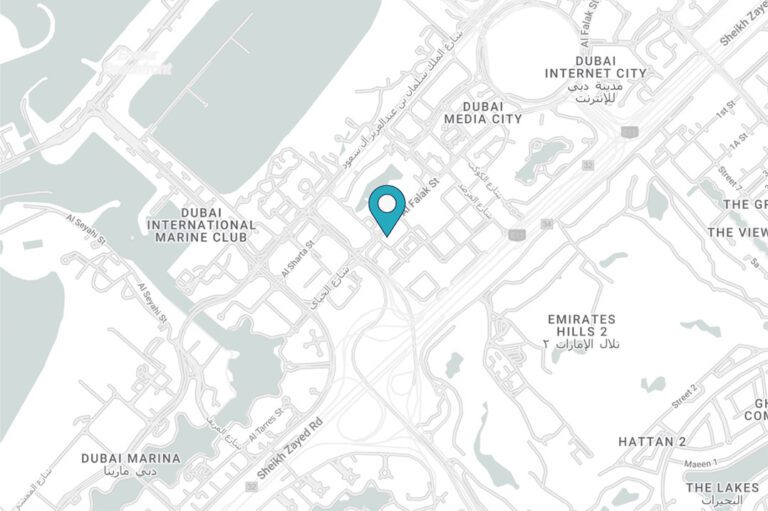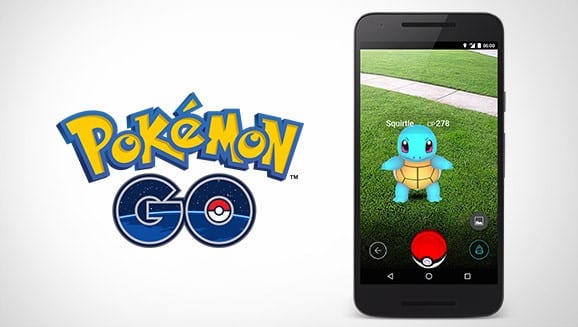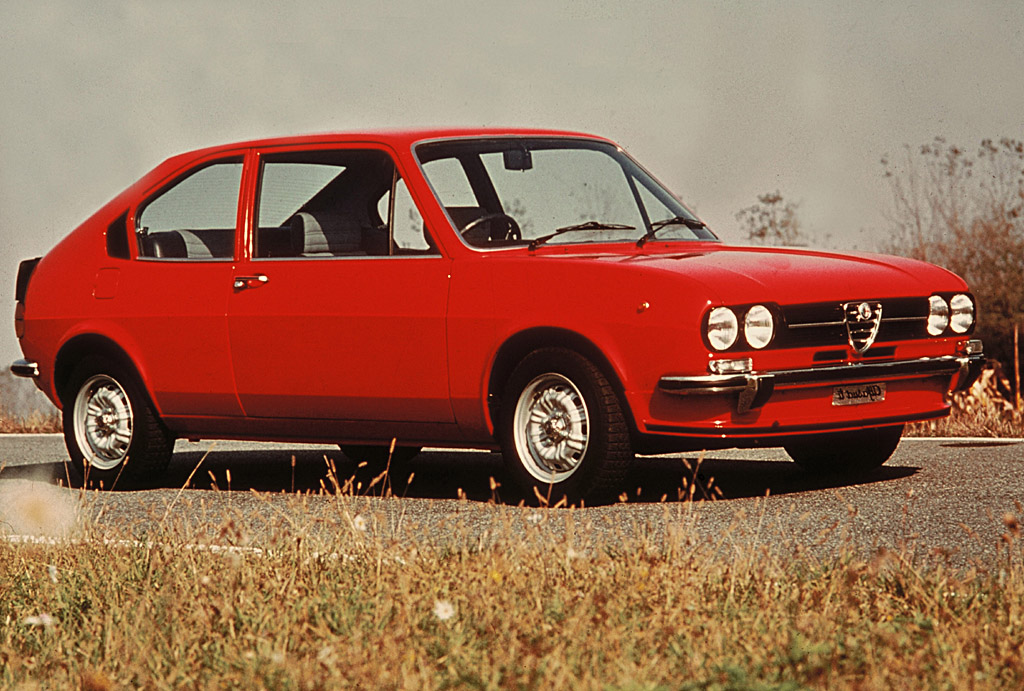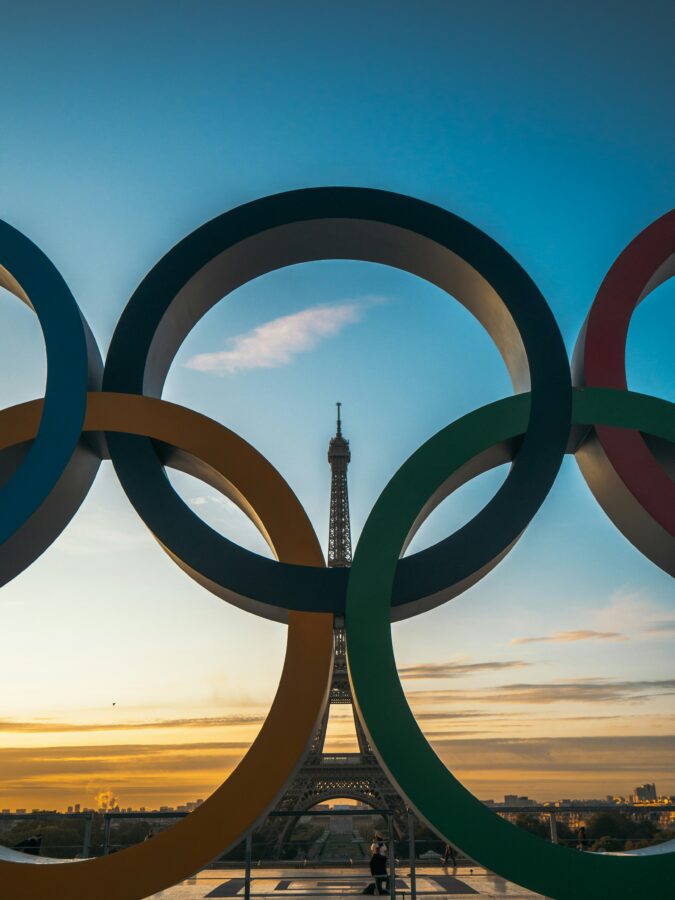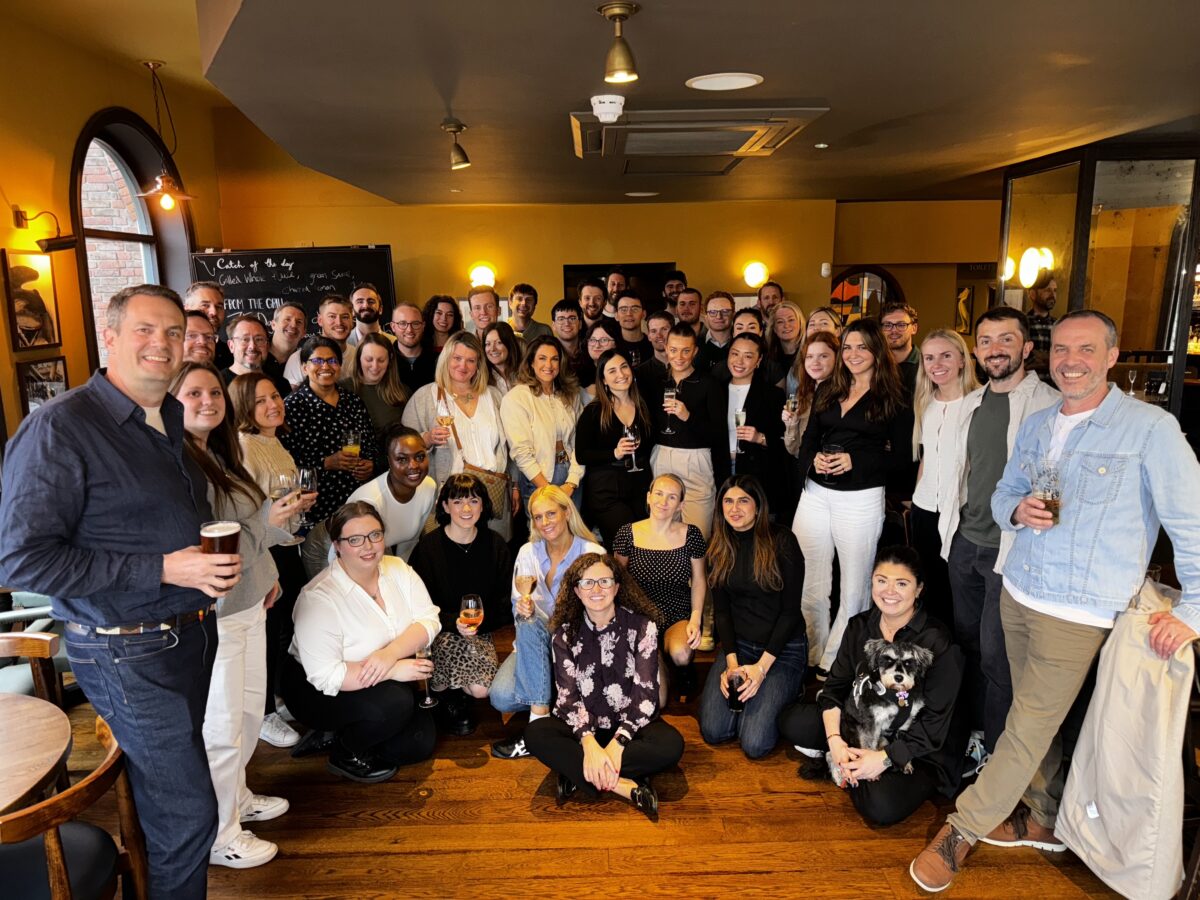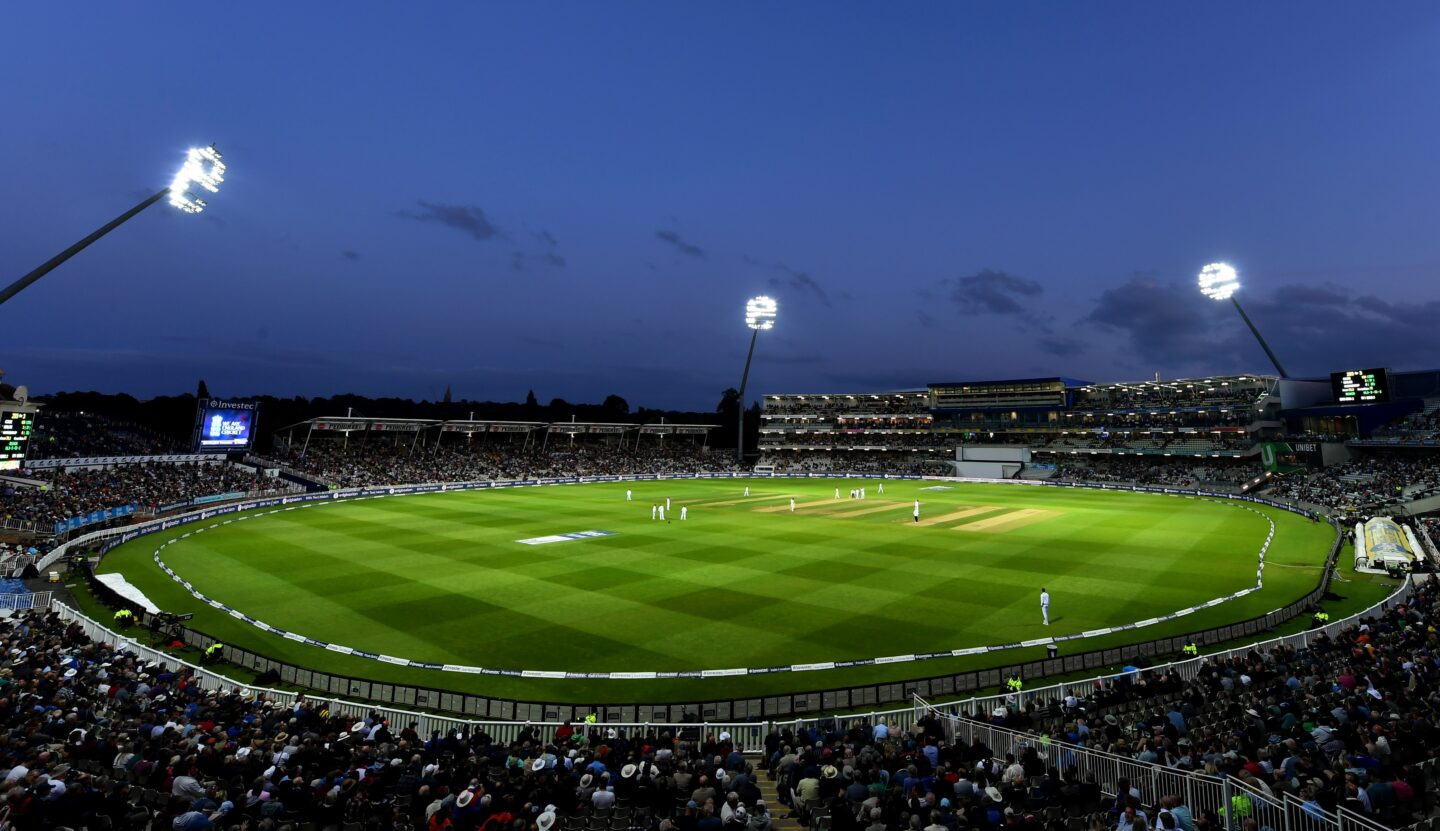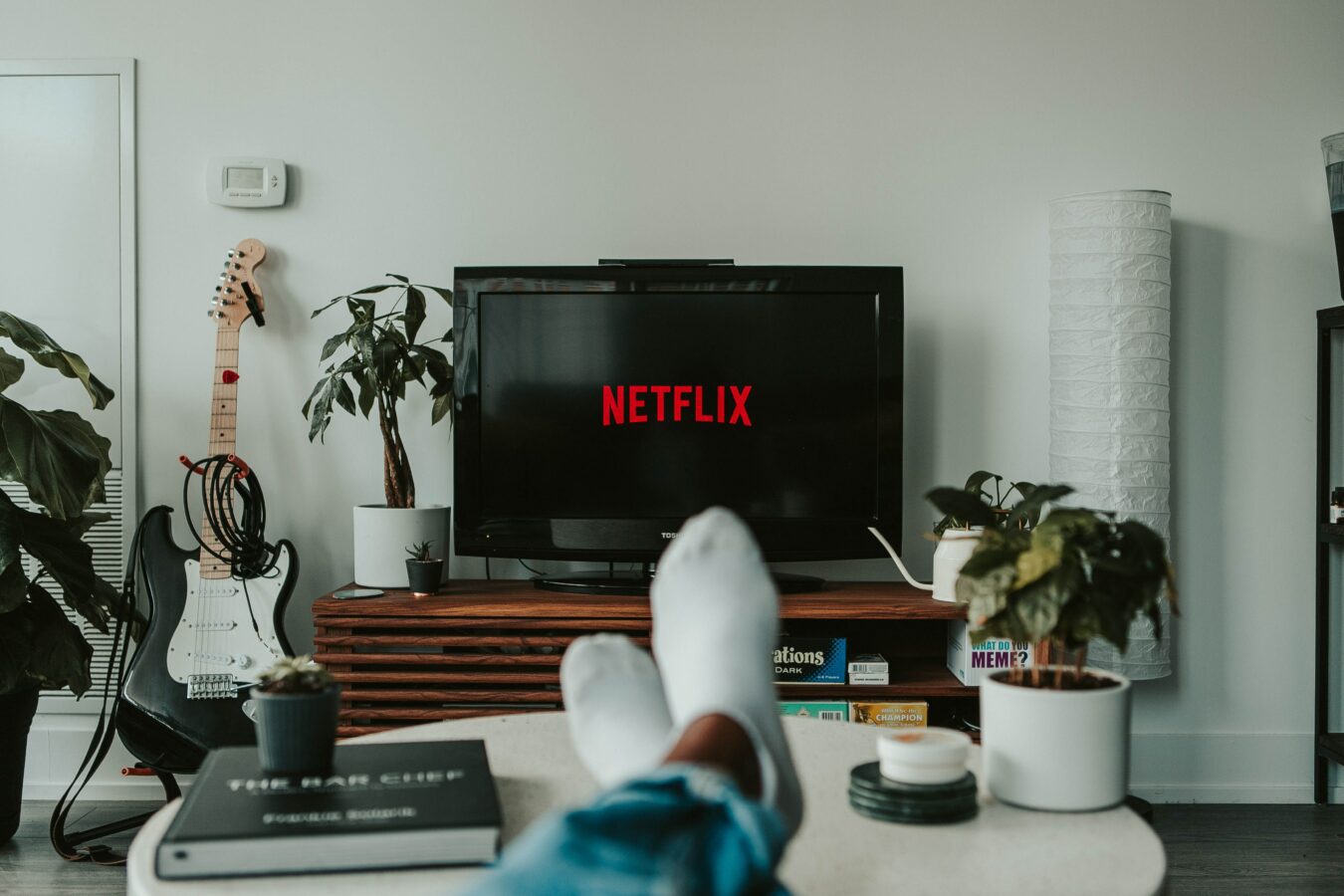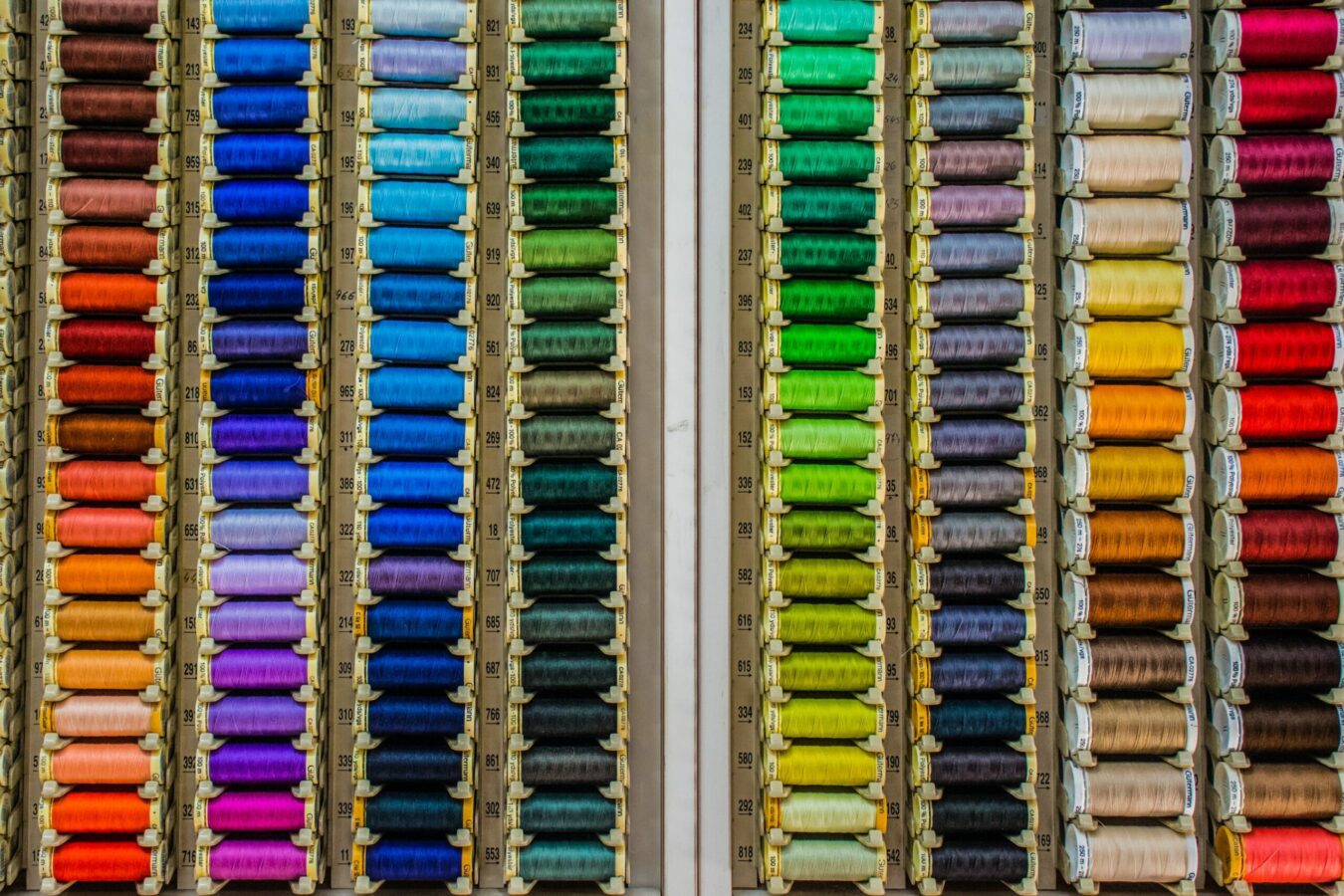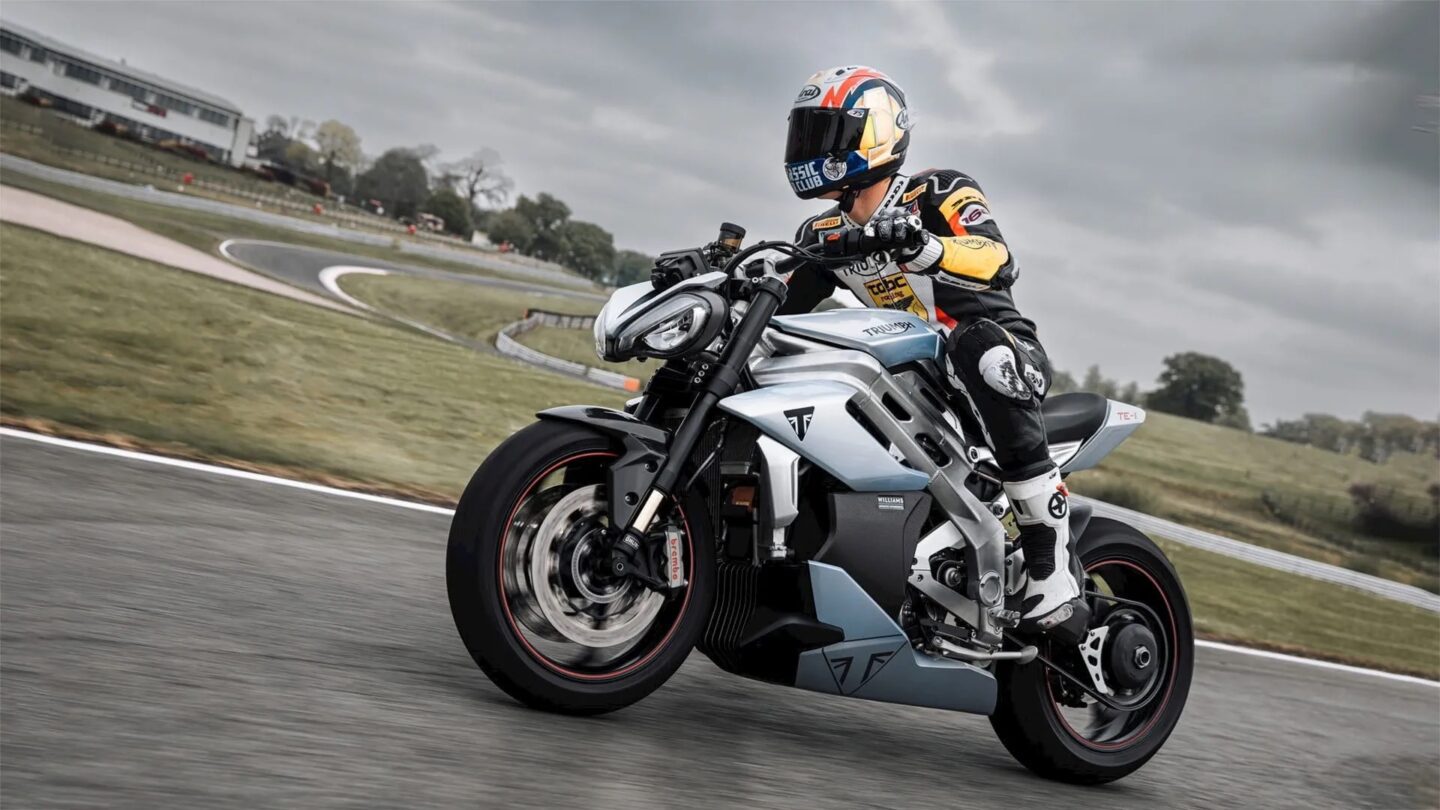It’s been less than two weeks since the launch of the hottest new trend in the mobile gaming industry, and we’ve barely had time to catch our breath. Here at Performance Towers, the main thought has been this – where the hell did that come from?
Within hours of launching in the US, Europe, and most recently in Canada, servers have crashed due to over-subscription rates. This is not the only part of the game that has gone viral – social media has been awash with talk of the new game, including a video of hundreds of excited New Yorkers sprinting to Central Park after a rare Pokémon was spotted in the vicinity.
While this looks real, there have also been a number of videos shared incessantly on social media that I believe may be clever PR strategies – take this ‘Mewto spawns on motorway’ video. At first glance this may appear to be a load of Poké-nerds running head-first into traffic, however if you look closely none of them are on phones, and one even launches a flare towards the end of the video. This could be a simple PR ploy to create some viral content to show just how crazy people are for the game. Clever.
For those who’ve been a hermit for the last week, Pokémon Go is a ‘free-to-play location-based augmented reality mobile game’, a reincarnation of the Gameboy obsession from the early noughties. Players interact with real-life locations to find, catch, and battle with various creatures they find along the way. This is why you may have seen groups of people, huddled around bus stops, outside churches (to one man’s confusion in the US), pubs or any public locations with their heads down at their phones. Geographical locations are re-defined in this Pokémon world as ‘Pokéstops’ where you can pick up and trade various objects, or ‘Gyms’ where you can battle with other gamers.
This is where it gets interesting – as with any viral craze, there’s a certain inevitability that brands will be licking their lips at the potential business prospects of Pokémon Go. In fact, it had been leaked – and then officially announced – that McDonald’s will be the first paying sponsor of the game, turning its 3,000 stores in Japan into gyms where people can battle.
That’s only in Japan at the moment but businesses will inevitably start paying to be listed as ‘gyms’ in the real world, thereby drawing footfall that otherwise would not have been there. Whoever out of Costa and Starbucks strikes the first deal with the game will be onto a winner – gamers can use the coffee shop’s free WiFi but they will need to buy something to do so. Surely a no-brainer for brands with this sort of model.
Alternatively what’s to stop clothing companies paying for the Pokémon trainer to be kitted out in their gear or paying for a Poké-stop to be at your store? Would the creators stop at developing a new branded Pokémon??
And is it worth brands jumping on the bandwagon? We don’t know how long this craze will last but it’s certainly the hottest platform on the market at the moment. We’ve seen brands and sports properties reap the rewards of Snapchat so I believe it’s only a matter of time before other brands follow in McDonald’s footsteps, and take a risk to start monetising the game.
